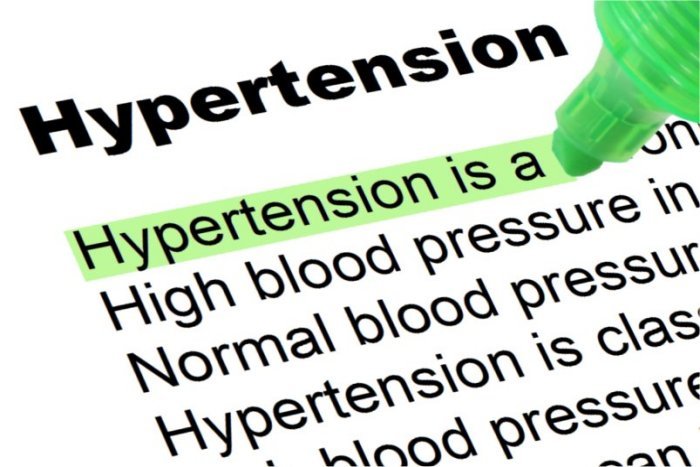
Singapore- In Singapore, about a quarter of people with hypertension are unaware and therefore remain untreated. In addition, about a third of those diagnosed on treatment have uncontrolled blood pressure (BP) (uncontrolled BP is defined as systolic BP ≥ 140 mmHg or diastolic BP ≥ 90 mmHg). This is worrying because hypertension is a leading risk factor for cardiovascular and kidney disease, and premature death globally.
Hypertension is persistent high blood pressure (BP). While the prevalence of hypertension among Singaporeans as a whole has lowered slightly in the past twenty years, the prevalence among Singaporeans over 40 years old have risen notably. With our ageing population, prevention and control of hypertension is an increasing challenge. According to Global Burden of Disease 2016, high blood pressure confers the highest attributable risk of death in Singapore.
The reasons for the poor BP control among individuals with hypertension are not well understood. Researchers at the Duke-NUS Medical School, led by Professor Tazeen Jafar, and funded by the UK-Medical Research Council, Wellcome Trust, and Dfid, studied participants treated for hypertension to find out why.
The study was done on the rural communities of Bangladesh, Pakistan, and Sri Lanka, as hypertension is a particularly serious problem in South Asia, where the prevalence of hypertension is 40%. Hypertension is a global and increasing problem. Over 1.1 billion people globally are affected with hypertension, and this number is expected to increase to over 1.5 billion by 2025.
The researchers found three main barriers to controlling hypertension. Often, the participants do not take their antihypertensive medicines. These findings are consistent with other reports of adults with uncontrolled BP in other low- and middle-income countries.
Second, the participants were only prescribed one antihypertensive medication. Studies have shown that it takes two to three antihypertensive medications to control BP.
Finally, a lack of familial or social support. Programmes to engage family support have shown promising results in rural China.
Professor Jafar, who is a professor at the Health Services & Systems Research Programme at Duke-NUS, advised that while failing to control BP can lead to more severe health problems, lowering BP does reduce the risk for cardiovascular and kidney disease. “Controlling BP should be a priority, as the consequences of a lack of action will be far more costly,” she added.




